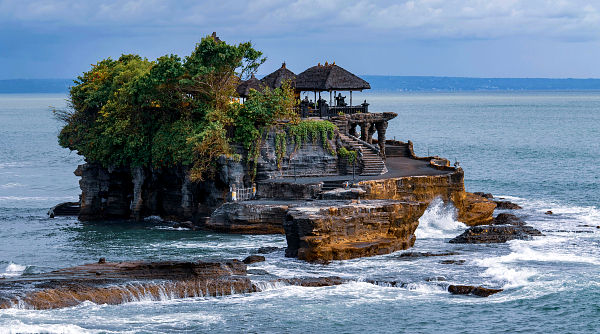223
Exploring off-the-beaten-path places can be an incredible adventure, but it requires more planning and preparation. These tips will help ensure you’re ready for the challenges and rewards of visiting remote locations.
1. Research Local Resources and Accessibility
- Limited Services: Many remote locations have limited access to ATMs, medical facilities, and grocery stores. Research the availability of essential services in advance.
- Transportation Options: Some areas may only be accessible by small planes, boats, or rough roads. Understand how to get there and prepare for any transfers, delays, or unique travel challenges.
2. Pack Thoughtfully
- Essentials Only: Pack light but bring key essentials you won’t find easily, such as medication, first aid supplies, and toiletries. In remote areas, you may not be able to purchase these items.
- Power Supply: Pack extra batteries, solar chargers, or portable power banks for your devices, especially if you’re unsure about electricity availability.
- Food and Water: Depending on how remote the location is, bring non-perishable snacks and a water purification system or tablets.
3. Stay Safe and Healthy
- Travel Insurance: Make sure your travel insurance covers emergency evacuations from remote areas, and check whether medical services are within reach.
- Vaccinations: Check if you need special vaccinations or medications for the area you’re visiting, particularly if it’s remote and less developed.
- Let Someone Know: Always inform someone of your travel plans, especially when traveling to remote places where communication might be limited.
4. Expect Limited Connectivity
- Offline Maps and Info: Download maps, language guides, and any important information before leaving, as Wi-Fi or cellular data might not be available. Consider using GPS systems like Maps.me or offline Google Maps.
- Cash is King: Carry enough local currency since credit card facilities might not be available in very rural areas.
5. Prepare for Unique Experiences
- Weather Conditions: Remote locations often come with extreme weather, whether it’s heat, cold, or humidity. Pack clothing and gear accordingly, and always be prepared for the unexpected.
- Cultural Differences: Respect local customs, traditions, and ways of life. Be mindful of your impact on the local environment and community.
6. Be Ready for Adventure
- Flexible Itinerary: Things don’t always go according to plan when you’re far from civilization. Flights may be delayed, weather can change rapidly, and transport options might be unreliable—embrace flexibility and make the most of the experience.
Photo by Nick Fewings on Unsplash


